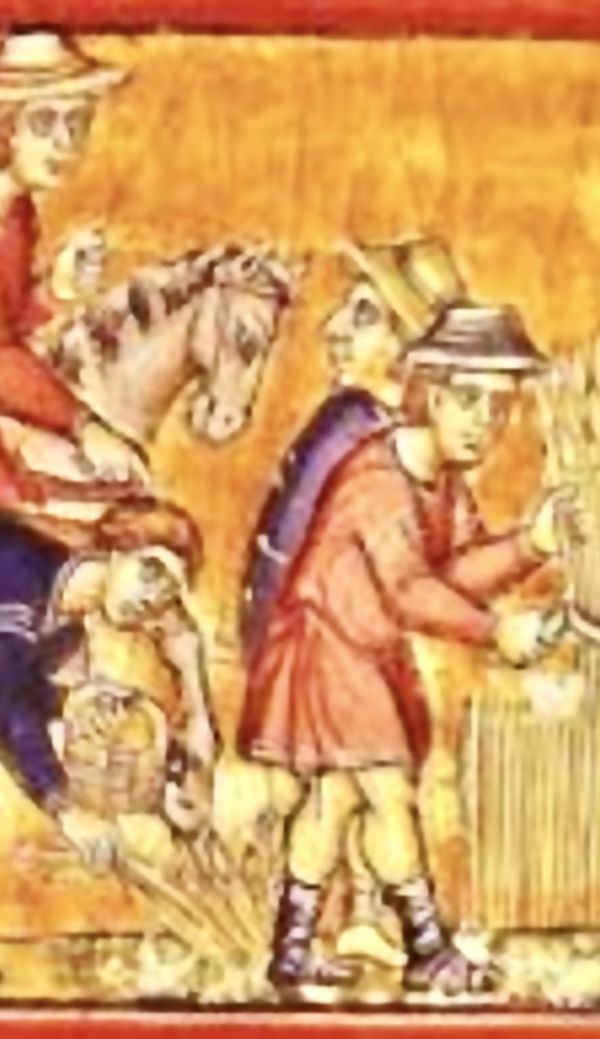(Mt 9:32-38)
In the Gospels the recoveries from diseases describe and manifest an experience of Faith.
The first forms of community [here in Mt, of Galilee and Syria] have grown through tireless activity of redemption and people’s reintegration, even from the ideal point of view.
In a brutally competitive, ruthless and disheartening world, the life of communion in Christ enabled a recovery from any situation of personal debasement and social abandoning.
At the origin of the Mission there is both the Compassion of Jesus and the Prayer of the disciple (so that he overcomes disappointments, freely establishes himself on a good disposition, and doesn’t look for anything else).
Prayer does not convince the Father, but transforms the believer. It awakens consciences to perceive, sense, listen, welcome, and move - in any external condition.
Prayer allows sons to be reborn from the heart - in the small, in the unsteady, in the child, in the adolescent, in the adult, in nature, in history, in themselves, and in God.
In a situation of social collapse and economic exploitation, even the official religion inculcated the idea that material blessings were a sign of spiritual rank, and vice versa.
People’s consciousness was also stifled by the feeling of exclusion (and punishment for guilt) that emphasized disdain.
The incredible Novelty of the first fraternal realities of Faith detached itself from every "competition": the ability to concretely re-establish discouraged people emerged, and weave both the quality of life and relationships.
The official guides, disinterested in the real life of the people, maliciously defended their positions and tried to exorcise the persons’ admiration towards the friends of Jesus - with the usual nonsense about evil.
Here the Prayer, which was addressed to the Father so that He would help all his sons in their radiating work, of support, for the birth of a new and urgent vital awareness, and of bonds - for goodness to the needy.
God’s pedagogy is transmitted in available listening, in contemplative Prayer, yet it is not abstract.
The Faith’s idea and work are detached from the world of sophisticated, or empty, homologating spirituality.
It’s that of leaven that ferments the mass: it saves men through men - starting from the gaze of the soul [glossy, which overcomes the breathlessness].
For a wise recomposition of being, the Master invites precisely to Prayer (v.38) - the first form of disciples’ commitment.
Access to different attunements in the Spirit teaches us to stimulate the gaze of the soul, to value and understand everything and everyone.
We recognize ourselves and become aware of things through Prayer-presentiment, unitive.
Mission grows from a small but boundless dimension - that of intimate perception, which is aware of the needs and Mystery of a favourable Presence.
New configurations in spirit: fully discovered only in deep Prayer (v.38). Embodied.
[Tuesday 14th wk. in O.T. July 8, 2025]












